
Iranian President Hassan Rouhani will address the United Nations General Assembly today, in a speech that will set the tone for his nation’s dealings with the world at a critical and historic juncture. Negotiations around the country’s nuclear program will either rescue the country from profound economic decline or further decimate the middle class and impoverish a generation of young people facing 40 percent unemployment and inflation. Cooperation with Arab nations and the West could help recast Iran’s policy in the region and herald a new era of collective Middle East security. On the eve of his address, IranWire asked a number of experts and Iran watchers what they hope and expect Rouhani will say.
Raha Bahreini, Amnesty International:
"We do not exactly know what he'll be talking about, probably developments in the region will make up a big part of his speech. We are of course interested in whether he'll discuss the situation of human rights in Iran. In his speech last year, he mentioned briefly that the Iranian people had voted for an agenda of moderation and hope but unfortunately since then various branches of the government, not just the executive one, have taken very serious steps in an attempt to crush the hope created by his election. This may be an opportunity for him to acknowledge that these troubling issues exist within the country and maybe in his second year in office he can show a serious commitment to change. The secretary general recently released a report about the human rights situation in Iran and branches of the Iranian state, for instance the judiciary, reacted very negatively to the report. We're interested in seeing if Rouhani will make a reference to Ban Ki Moon's report and take a different standpoint.
Dina Esfandiary, International Institute for Strategic Studies:
In terms of the subject, what I hope Rouhani will say and what he will say will likely be the same. He’ll talk about the nuclear issue, and Islamic State and the fight against terror. What’s important is what he says about both. He will likely talk about both issues as part of a wider discussion about security in the region.
In many ways, what he says will be a typical Iranian official response, nothing out of the ordinary. He will try to present a conciliatory Iran; he’ll say Iran has done a huge amount to bridge the gap between Iran and the P5+1 countries. At the same time, he’ll say that it’s time for these countries to accept Iran’s right to have a nuclear program and to make scientific and technological progress; it has to be understood that Iran will not simply roll back its nuclear program.
It will be interesting to see how far he will go on Islamic State – he will not refer to any kind of collaboration, but I hope he’ll talk about coordination with the US and others. Because it’s such a public platform, he will denounce the international coalition, including that Islamic State has come out of much of what the West has done in the region. Because it’s such a public stage, it’s extremely sensitive for him. Hardline politicians will be watching closely and because of this, and recent comments from Khamenei, Rouhani is under immense pressure.
Although he might not even mention coordination with Western countries, what I believe will happen is that there will be important bilateral meetings between Iran and other countries behind the scenes. Important conversations, but not in the public arena.
Tahirih Danesh, Research Associate, Foreign Policy Centre:
Although the Supreme Leader, Ayatollah Khamenei, is the main figure yielding true power and control in the Islamic Republic, Mr Rouhani has chosen to run for and assume office as the President of the Islamic Republic. While in office he is party to and responsible for decisions and his actions and those of his office, staff, ministries and subsidiaries. During his term, journalists, workers, women and minorities face a sustained wave of repeated violations and a number of figures are responsible for crimes against humanity, serve in high ranking position, such as Mr Mohammadi, the Minister of Justice.
I would like Rouhani to address these violations and tell the UN that he will work to bring an end to them. During his campaign and the first 100 days of his presidency, he made repeated references to improving Iran's human rights record. The promises, plans and proposed rights were at best vaguely worded and often diametrically opposed to his record over the past year. He must pledge to do his best to stop this. Despite all illusive limitations and justifications Mr Rouhani is responsible before the law and citizens of the land and can be held accountable for any decision by his administration that results in violation of the rights of Iranians.
I hope he apologizes to all Iranians for the systematic and widespread human rights violations over the past 35 years. But more importantly I hope he chooses words that are followed by actions aimed at bringing about positive social change for all Iranians and promoting peaceful coexistence throughout the region and the globe.
By coming to the UN session in New York Mr Rouhani faces a historic opportunity to follow the example of other conscientious Iranians who choose right over might and join the inevitable wave of rebuilding Iran based on rights and justice. No one other than President Rouhani and his speech writer know what he will actually say. So I leave them to respond to this question.
Trita Parsi, President, National Iranian American Council:
Last year's UN message from Rouhani had primarily a domestic audience. This year, Rouhani may give a speech with the international community as its primary audience. Such a speech would likely focus on the spread of radicalism and point back to his speech from last year where he called for a coalition against extremism. Rouhani might point to that as a missed opportunity, arguing that a military-centric speech will not yield desired results and by that present measured criticism against US bombings in Syria.
In veiled language, Rouhani will likely criticize the regional states that supported and nurtured Islamic State. It's difficult to envision Rouhani passing on the opportunity to present Iran as a source of moderation in the region, which is line with the larger theme of his presidency.
David Kaye, UN Special Rapporteur on the Right to Freedom of Opinion and Expression:
You ask what I’d like to hear from President Rouhani in his speech to the UN General Assembly. Iran is a party to the International Covenant on Civil and Political Rights, one of the central instruments in human rights law, and participated in the Human Rights Council’s Universal Periodic Review (UPR). It has some way to go to implement its obligations under the Covenant and the recommendations in the UPR. Thus, I would like to hear President Rouhani focus on Iran’s human rights commitment. In particular, showing a commitment to its obligations would mean stating (1) a readiness to entertain a visit from the UN Special Rapporteur on Iran, (2) a commitment to opening and expanding access to the internet and not punishing individuals for expression on it, and (3) a promise to release detainees held for exercising fundamental rights, whether it’s the right to share and receive information, such as journalists, or artists, academics, students and others expressing their ideas.
I will not hazard a guess as to what he will actually say.















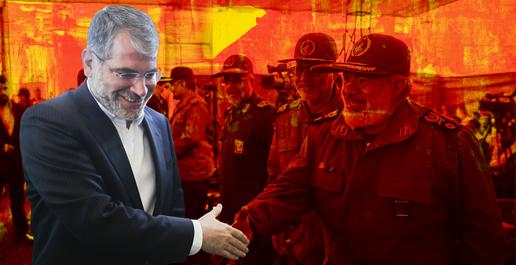
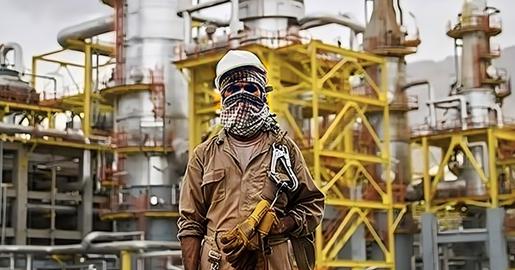
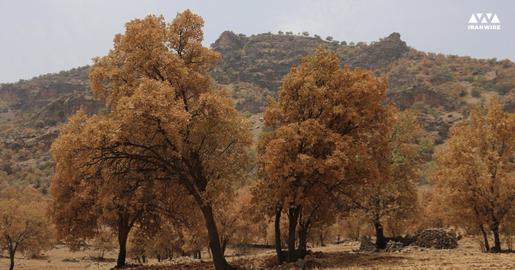
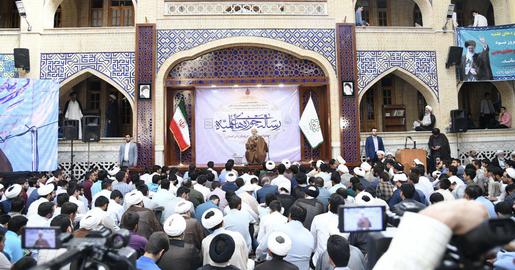


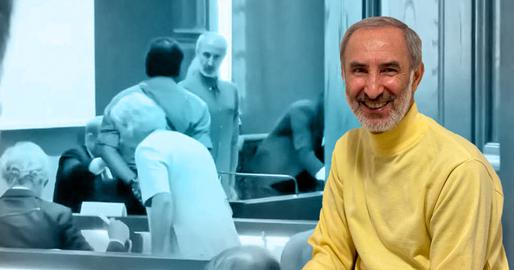




comments